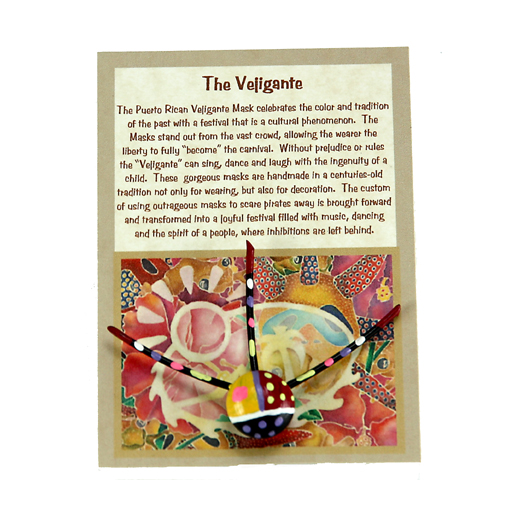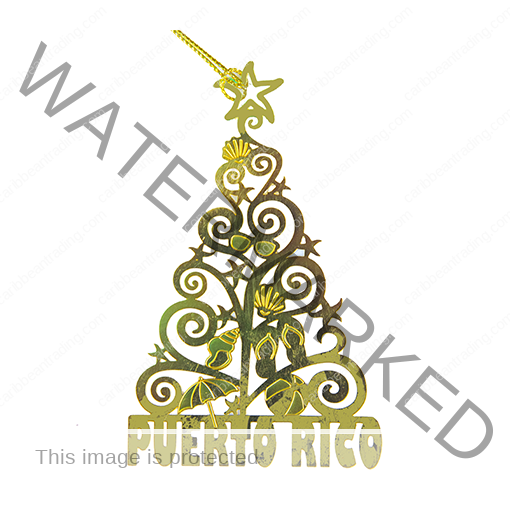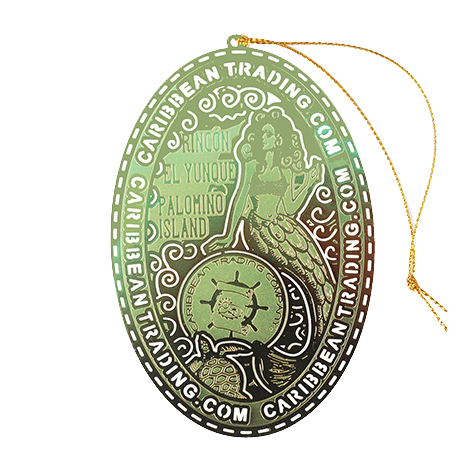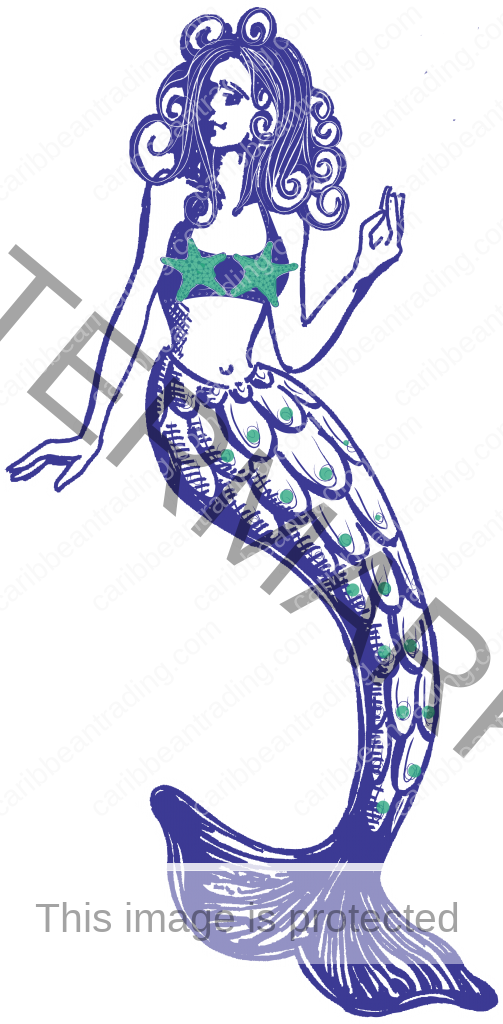Caribbean History
Puerto Rico’s Rich Tradition of Boxing Champions
Puerto Rico, a Caribbean island with a vibrant culture and deep-rooted pride, has long been a powerhouse in the world of boxing. Despite its modest size, Puerto Rico has produced a remarkable roster of world champions, cementing its status as a global leader in the sport. From legends of the past to modern-day icons, the island’s contributions to boxing are as diverse as they are inspiring.
This enduring tradition is fueled by a combination of cultural pride, athletic talent, and an unwavering passion for excellence in the ring. Puerto Rican boxers have not only brought home world titles but also unified communities and represented their homeland with unmatched dignity and skill.
The Beginnings of Puerto Rican Boxing
Boxing in Puerto Rico traces its origins to the early 20th century, during the island’s colonial transition under U.S. governance. The sport began gaining popularity in the 1920s and 1930s, with Puerto Rican fighters competing both locally and abroad. These pioneers laid the groundwork for what would become a flourishing boxing tradition.
During this era, boxers like Sixto Escobar emerged as early heroes. Escobar became Puerto Rico’s first world champion in 1934, earning the bantamweight title. His triumph signaled the beginning of Puerto Rico’s prominence on the global stage. Escobar’s legacy set a precedent for future generations, demonstrating that fighters from this small island could achieve greatness against formidable international opponents.
The Golden Era of Puerto Rican Boxing
The mid-20th century saw the rise of several Puerto Rican boxing legends, ushering in a golden era for the sport on the island. Fighters like José “Chegüi” Torres and Carlos Ortiz captured the imagination of fans worldwide.
Carlos Ortiz, a lightweight champion in the 1960s, is often regarded as one of the greatest fighters in boxing history. With a blend of technical skill, power, and endurance, Ortiz became a three-time world champion and was instrumental in elevating Puerto Rican boxing to unprecedented heights. His disciplined approach to the sport inspired countless young athletes on the island.
Meanwhile, José “Chegüi” Torres became a symbol of resilience and national pride. In 1965, Torres won the light heavyweight world title, becoming the first Puerto Rican to achieve this distinction. Beyond his achievements in the ring, Torres was a charismatic figure who used his platform to advocate for social justice and equality, further cementing his place in Puerto Rican history.
Wilfred Benítez: A Prodigy in the Ring
One of the most compelling stories in Puerto Rican boxing is that of Wilfred Benítez, a prodigy whose talent defied convention. Born in 1958 in New York City to Puerto Rican parents, Benítez began boxing at an early age under the guidance of his father and trainer, Gregorio Benítez.
At just 17 years old, Benítez made history by becoming the youngest world champion in boxing, capturing the WBA light welterweight title in 1976. His remarkable achievement showcased a level of skill and maturity rarely seen in fighters of any age. Known for his impeccable defense and sharp counterpunching, Benítez earned the nickname “The Bible of Boxing” for his deep understanding of the sport.
Throughout his career, Benítez faced some of the toughest opponents in boxing, including Sugar Ray Leonard, Thomas Hearns, and Roberto Durán. His fights were a testament to his technical brilliance and unyielding spirit. Despite facing numerous challenges later in life, including financial difficulties and health issues, Benítez remains a symbol of Puerto Rican resilience and excellence.
Puerto Rican boxing champions have left a lasting mark on the sport, with Wilfred Benítez making history in Arizona. On January 31, 2004, Benítez defended his WBO welterweight title against Hercules Kyvelos at the Dodge Theatre in Phoenix, Arizona, securing a second-round technical knockout victory. Fans looking to engage in iconic moments can explore options about it on different online sites.
The Modern Era: A New Generation of Champions
Puerto Rican boxing continues to thrive in the modern era, with a new generation of fighters carrying the torch. Champions like Félix “Tito” Trinidad, Miguel Cotto, and Amanda Serrano have kept the island’s boxing tradition alive and vibrant.
Félix Trinidad, known for his explosive power and charismatic personality, became a national hero in the 1990s and early 2000s. With titles in multiple weight divisions, Trinidad’s fights were major cultural events that unified Puerto Ricans at home and abroad.
Miguel Cotto, another icon of Puerto Rican boxing, brought a blend of technical precision and tenacity to the sport. As a four-division world champion, Cotto became a global ambassador for Puerto Rican boxing, representing his homeland with dignity and class.
Amanda Serrano, one of the most accomplished female boxers in history, has broken barriers and rewritten the narrative for women in the sport. With titles in an astonishing seven weight classes, Serrano’s dominance has further solidified Puerto Rico’s legacy as a boxing powerhouse.
Cultural Significance of Boxing in Puerto Rico
Boxing is more than just a sport in Puerto Rico—it is a cultural phenomenon that resonates deeply with the island’s identity. For many Puerto Ricans, boxing represents a path to opportunity and a chance to showcase their talent on the global stage.
The sport has also served as a unifying force, bringing communities together to celebrate the achievements of their champions. Fights involving Puerto Rican boxers often become national events, with fans gathering in homes, bars, and public spaces to cheer on their heroes.
Additionally, boxing has provided a platform for addressing social and economic issues. Many fighters come from humble beginnings and use their success to give back to their communities. This dual role of athlete and advocate has made Puerto Rican boxers more than just sports figures—they are symbols of hope and perseverance. There are even many online betting sites for different sports disciplines. This has generated great impact in recent times. Check before entering this world of valorant betting tips to avoid beginner’s mistakes.
Preserving the Legacy
As Puerto Rico continues to produce world-class fighters, efforts are being made to preserve the island’s rich boxing history. Museums, documentaries, and community programs celebrate the achievements of past and present champions, ensuring that their stories inspire future generations.
Organizations like the Puerto Rican Boxing Commission and local gyms play a crucial role in nurturing young talent and maintaining the island’s prominence in the sport. These initiatives not only keep the tradition alive but also reinforce the values of discipline, hard work, and resilience that define Puerto Rican boxing.
Conclusion
Puerto Rico’s extraordinary tradition of boxing champions is a testament to the island’s spirit and determination. From the trailblazing achievements of Sixto Escobar to the modern-day dominance of Amanda Serrano, Puerto Rican fighters have left an indelible mark on the sport.
The story of Wilfred Benítez, in particular, underscores the profound talent and perseverance that characterize Puerto Rican boxing. As the island continues to produce champions and inspire fans worldwide, its legacy in the ring remains a source of immense pride for Puerto Ricans everywhere.
Through the triumphs and challenges, Puerto Rico’s boxing tradition endures as a powerful symbol of its people’s resilience and passion. This small island in the Caribbean has proven time and again that greatness knows no boundaries.







